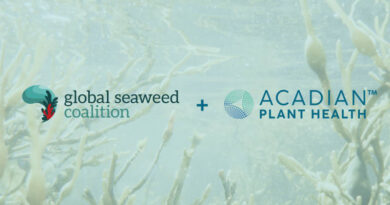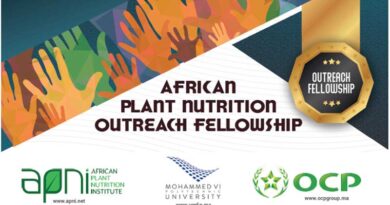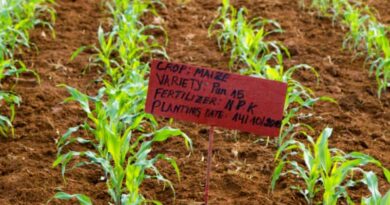Seaweed: The Unsung Superhero
03 June 2023, Canada: Seaweed may not look like much, but it has the potential to be a superhero. Seaweed, a seemingly simple marine plant, is actually a diverse group of algae that can be found in oceans worldwide. It plays a critical role in marine ecosystems, but also has numerous applications in human and animal life, from food and health to agriculture and biofuels. More interestingly though is the immense potential seaweed has to combat climate change. One of its most notable abilities is to absorb large amounts of carbon dioxide from the atmosphere.
Seaweed absorbs carbon dioxide from the atmosphere through photosynthesis and can sequester large amounts of carbon in its biomass. In fact, seaweed captures carbon 20x faster than trees, addressing one of the key causes of the climate crisis.
Understanding just how much CO2 has been absorbed in seaweed beds was a recent focus for Acadian. It turns out 362 kg of CO2 is absorbed in every ton of seaweed Acadian harvests. That seaweed is harvested along the North Atlantic coast. As it regrows each year, carbon is absorbed once again. A continuous regenerative cycle that holds huge potential to deliver on global climate goals.
Climate change is an urgent and complex issue, and it requires innovative solutions.
But that’s only half the story. Once the seaweed is harvested, Acadian extracts the bioactive compounds from this natural resource to develop innovative formulations to be applied through foliar spray, soil drenches, seed treatments, or incorporated into fertilizers for agricultural use. Known as seaweed-based biostimulants these products can be used to mitigate abiotic stressors and enhance the growth, health, and productivity of plants. With increased climate events, abiotic stressors such as drought, heat, cold, water logging, and salinity are adding pressure to farmers worldwide. Overall, these changes are making it more difficult to grow crops and maintain food security in many parts of the world.
Hence a new era is upon agriculture – regenerative agriculture. At its heart, regenerative agriculture advocates for a conservation and rehabilitation approach to food and farming systems. It prioritizes topsoil regeneration, increasing biodiversity, improving water cycles, enhancing ecosystem servicing, supporting biosequestration, increasing resilience to climate change and strengthening the health and vitality of farm soil.
In other words, everything to help the plant and soil’s symbiotic relationship.
“At Acadian Plant Health™ we’ve been able to understand how our seaweed extracts can play a key role in bridging the gap between regenerative and conventional crop systems,” says James Maude, SVP at Acadian Plant Health. “As a complimentary input, our biostimulants, can combine with traditional crop protection or fertilizer to improve crop quality and yields, but more importantly help the regeneration of healthy soil . For instance, a key area of regenerative ag is soil health and restoring degraded soil. Acadian’s Ascophyllum nodosum seaweed extract is well documented and scientifically proven to improve soil micro-biodiversity, with increases in growth of arbuscular mycorrhizal fungi – an integral part of regenerative agricultural improvements.”
According to the United Nations Global Compact, seaweed is the greatest untapped resource we have on this planet. It has the potential to address many of the United Nations Sustainability Development Goals and connects the land and the ocean in a circular and regenerative way. Its now clear the seaweed can help solve some of the world’s biggest problems.
Also Read: Rajasthan Government categorizes Agrochemical companies based on sample report
(For Latest Agriculture News & Updates, follow Krishak Jagat on Google News)















